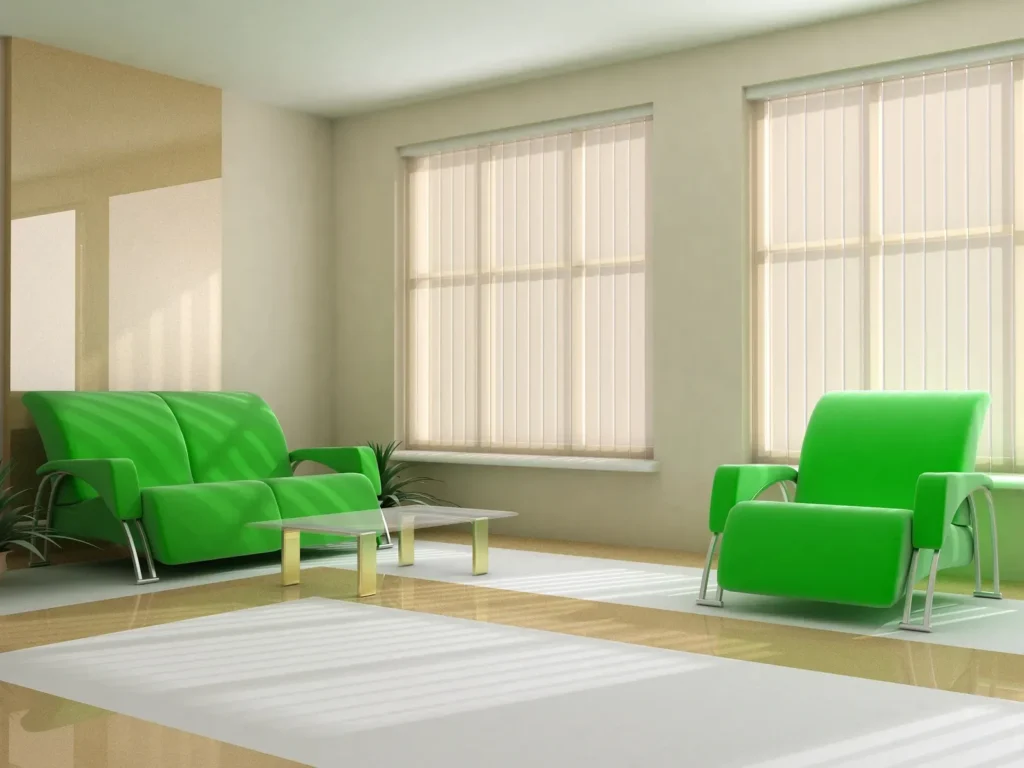As environmental concerns continue to rise, individuals and industries alike are seeking more sustainable solutions to reduce their carbon footprint. When it comes to constructing or renovating homes and buildings, choosing eco-friendly materials is a crucial step towards building a greener future. In this context, UPVC windows emerge as a standout choice, providing several sustainability advantages that contribute to a cleaner and more environmentally conscious society.
1. Recyclable and Low-Impact Material:
UPVC, short for Unplasticized Polyvinyl Chloride, is a recyclable material. When UPVC windows reach the end of their lifecycle, they can be recycled and transformed into new products, reducing the demand for virgin materials and minimizing waste. By opting for UPVC windows, homeowners actively participate in the circular economy and support the concept of “reduce, reuse, and recycle.”
2. Energy Efficiency and Reduced Emissions:
Energy efficiency is a paramount concern in sustainable construction. UPVC windows are exceptional thermal insulators, effectively sealing the building envelope and minimizing heat loss or gain. The reduced need for heating and cooling translates to lower energy consumption, cutting down greenhouse gas emissions associated with energy production. By installing UPVC windows, homeowners indirectly contribute to mitigating climate change and promoting energy conservation.
3. Durable and Long-Lasting:
Sustainability is not only about utilizing recyclable materials but also about choosing products that have a long lifespan. UPVC windows boast impressive durability, often outlasting traditional alternatives like wooden or aluminum frames. Their resistance to weather elements, such as rain, wind, and UV rays, ensures they maintain their structural integrity over many years. By investing in UPVC windows, homeowners reduce the frequency of replacements and conserve resources in the long run.
4. Minimal Maintenance and Reduced Chemical Usage:
UPVC windows require minimal maintenance compared to other window materials like wood, which may demand regular painting, sealing, and varnishing. The low-maintenance nature of UPVC windows means fewer chemical treatments are necessary during their lifespan. This reduction in chemical usage contributes to healthier indoor air quality and prevents potentially harmful substances from leaching into the environment.
5. Sustainable Manufacturing Processes:
UPVC windows are manufactured with sustainability in mind. The production of UPVC profiles often involves efficient manufacturing techniques and optimized resource usage. Many manufacturers also prioritize eco-friendly practices, adhering to international standards and certifications related to environmental responsibility.
6. Water and Thermal Efficiency:
Sustainable living includes being mindful of water consumption. UPVC windows, with their effective weather seals, prevent water infiltration, reducing the risk of leaks and water damage. Additionally, their excellent thermal insulation properties help maintain stable indoor temperatures, further lowering the need for energy-intensive heating and cooling systems.
Conclusion:
As the world increasingly recognizes the urgency of environmental conservation, embracing sustainable solutions becomes imperative. UPVC windows offer a myriad of sustainability advantages, from their recyclability and low environmental impact to their energy efficiency and durability. By choosing UPVC windows for their homes and buildings, individuals actively contribute to building a greener future by conserving resources, reducing emissions, and promoting eco-friendly practices within the construction industry. Making the switch to UPVC windows is not only a decision that benefits homeowners personally but also a responsible choice that positively impacts the planet we all call home.
